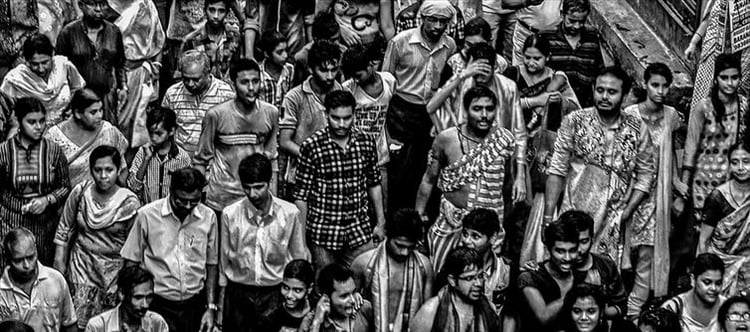
How practical is to reduce age of contesting elections?
Aam Aadmi party MP Raghav Chadha raised a new issue in the rajya sabha on thursday (August 1). He demanded from the government that the age of contesting elections in india should be reduced from 25 years to 21 years. He says that our country is young, but the leaders are far from youth.
A similar issue was also raised last year when a committee of parliament suggested that if the age of voting in india is 18 years, then the age of contesting lok sabha and assembly elections can be reduced to 18 years. However, the election commission had opposed this idea then. They said that 18-year-olds would not have enough experience and wisdom to become MPs or MLAs.
According to the current rules, it is necessary to be at least 25 years old to contest lok sabha and assembly elections. And if someone wants to become a member of Rajya Sabha or Legislative Council, then he should be at least 30 years old.
In such a situation, the question arises whether the demand to reduce the age of contesting elections from 25 to 18 or 21 years is practical? ABP news tried to understand this issue by talking to political experts. You also understand.
First, know what the Constitution of india says
Article 84 (B) of the Constitution says that the age to contest elections for the lok sabha should be 25 years. Article 173 (B) says that it is mandatory to be 25 years of age for the Legislative Assembly as well. Apart from this, another law, section 36 (2) of the Representation of the people Act 1951 also says the same. A special rule is also that if someone does not have a voter card, then that person cannot contest elections, that is, it is also necessary to have a name in the voter list. Section 4 (D) of the Representation of the people Act 1951 says first become a voter, then contest elections. Section 5 (C) of the same law also says the same.




 click and follow Indiaherald WhatsApp channel
click and follow Indiaherald WhatsApp channel